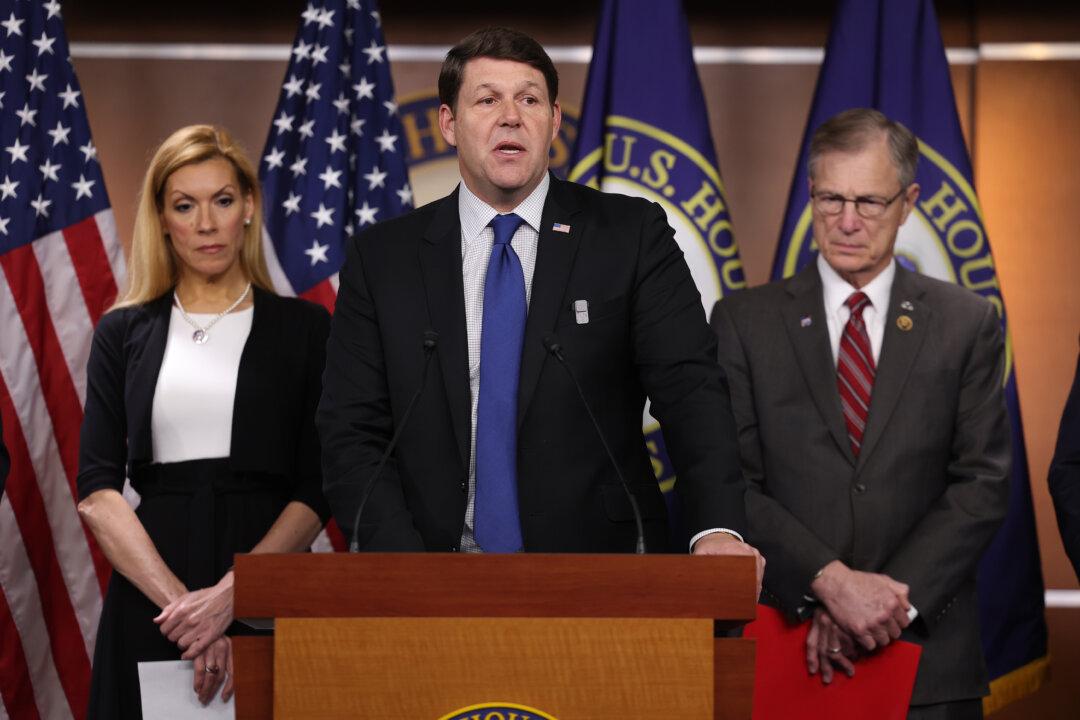Federal officials cannot constitutionally prevent Texas authorities from protecting their citizens against the invasion of illegal immigrants crossing into the Lone Star State that President Joe Biden made possible on his first day in office in 2021, according to an amicus brief led by House Budget Committee Chairman Jodey Arrington (R-Texas) and joined by 45 House Republicans.
“Congress’s regulation of immigration cannot preempt a State’s valid invocation of its sovereign power, ‘without the consent of Congress,’ to ‘engage in War’ if ‘actually invaded.’ To the extent that there is a conflict between Texas’s valid exercise of its constitutional war power and the Immigration and Nationality Act (‘INA’), it is the latter that must give way. To decide otherwise would read ‘without the consent of Congress’ out of the State Self-Defense Clause,” the representatives told the U.S. District Court for the Western District of Texas in the U.S. v. State of Texas in the brief, which was made public on Feb. 14.





